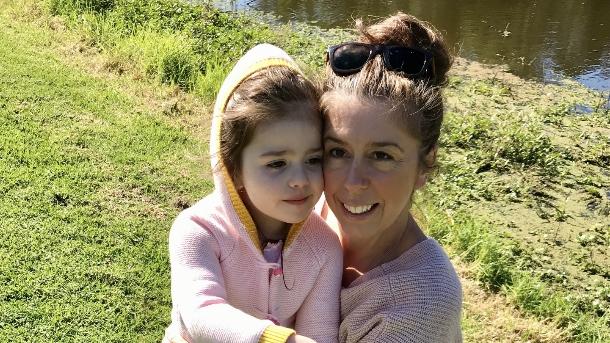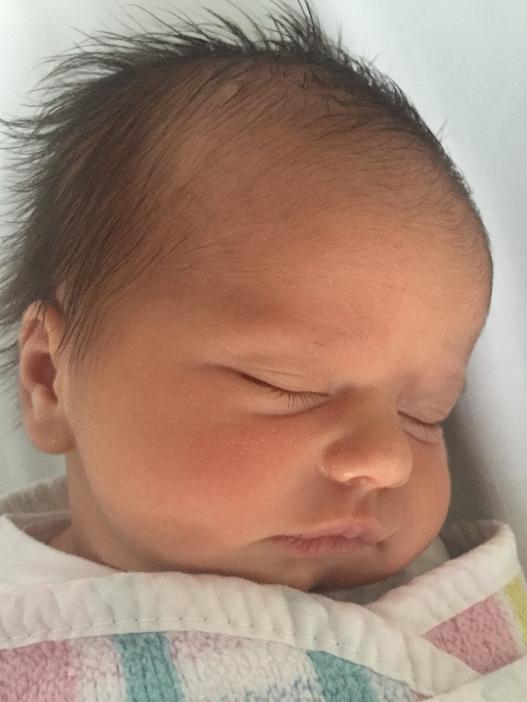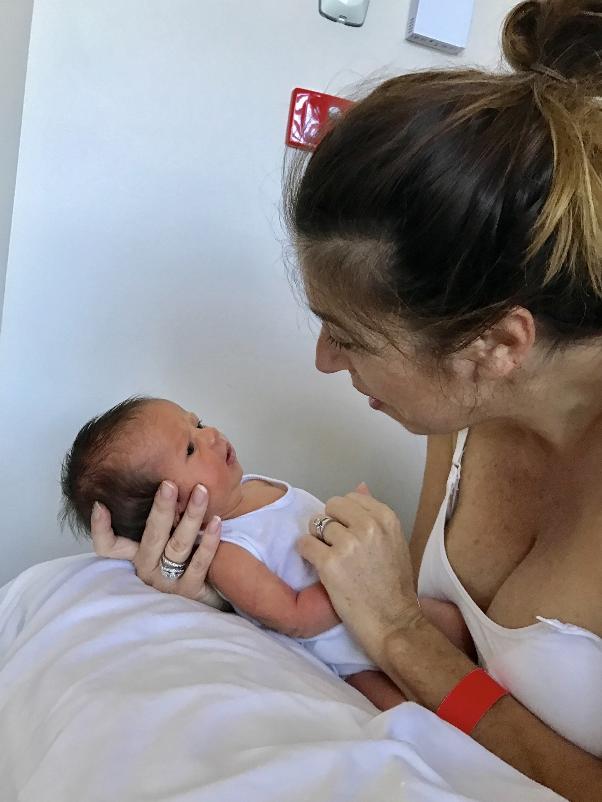IVF in Australia: Chances of success still reliant on age
Finally the secrecy is lifted on the $500m fertility industry with the launch of a new website on Monday that promises to reveal which IVF clinics are the most successful. But fertility experts warn age, not clinic, is still the true predictor of success.

NSW
Don't miss out on the headlines from NSW. Followed categories will be added to My News.
On the eve of the release of league tables revealing the success of individual IVF clinics, fertility experts are warning the biggest indicator of a successful IVF pregnancy is still age.
While prospective parents will be able to predict their chance of having a baby through IVF by entering their age and clinical details into a calculator on the YourIVFSuccess website when it goes live on Monday, Professor of Obstetrics and Gynaecology Michael Chapman from the University of NSW and fertility expert with IVF Australia warned that despite sophisticated technology, age is still the greatest determinant of egg quality.
“The eggs are one of the most rapidly ageing cell in the body. It requires energy to behave normally, getting chromosomes in the right place at the right time and in every cell is mitochondria that act like batteries but the number in an individual egg decline with age, the batteries wear out.”
Even at the relatively young age of 30, half of all embryos created by IVF will be genetically abnormal Prof Chapman said.

“So that is why IVF is not more successful than 40 per cent in young people. At age 40, 80 per cent of your embryos will be genetically abnormal and at 45, 98 per cent will be, so only 2 per cent of embryos are genetically normal,” Prof Chapman said.
The YourIVFSuccess tool is based on the latest statistics collated by the University of New South Wales’s (UNSW) Australian and New Zealand Assisted Reproduction Data Base which records every IVF procedure ever undertaken in Australia.
According to 2018 statistics, women younger than 30 have a 40 per cent chance of having a baby using IVF but for women over the age of 44, the live birthrate is just 0.8 per cent for a fresh cycle and 7.8 per cent for frozen embryos.
The average age of women undergoing IVF in 2018 was 35.8 years, but one in four women were aged over 40.
In 2018, women under 30 underwent 3219 cycles which resulted in 1098 babies born, for the 35-39 age group, 11,778 cycles resulted in 4228 babies born and over 40 5187 cycles resulted in 990 babies. A total of 42 women aged 40-44 underwent more than 10 IVF cycles which resulted in just two live births.
“The key message is your eggs are ageing and no one has yet found a way to stop that happening,” Prof Chapman said.
IVF clinics that specialise in older, more complex cases have argued the website may discriminate against them. Dr Manny Mangat, Clinical director of IVF Australia said there was a risk that older, more complex patients may be turned away to preserve success rates on the website.
“We are at risk of that, we should all make ethically sound decision, but website like this can certainly pit people against each other and there is the danger of that happening, but I sure hope as doctors we don’t do that,” she said.

Linda Robson-Connolly and her husband Kent began trying for a baby when Linda was 35. At age 45 she finally gave birth to Poppy, who, given the statistics, is a little miracle.
“I’m very blessed, I live every day knowing that.
“We had been trying for years naturally from 35 onwards and when I stated IVF at age 43, they gave us a 1 – 5 per cent chance based on statistics. I fell pregnant on the second round of IVF at 44,” the Wollongong mum said.
Mrs Robson-Connolly welcomed the new website which will reveal success rates of individual clinics, which until now, had been an industry secret.
“Not every clinic meets the same standards, there are a lot of clinics I could have gone to at a quarter of the price, but the chances of being successful would have been much lower. So I went to the top.
“It breaks my heart that some do 20 rounds to be in the sad position of zero eggs retrieved,” she said.
Of the 76 clinics that had been operating long enough to have their clinic success rates published, 92 per cent consented to have their results on the website.



